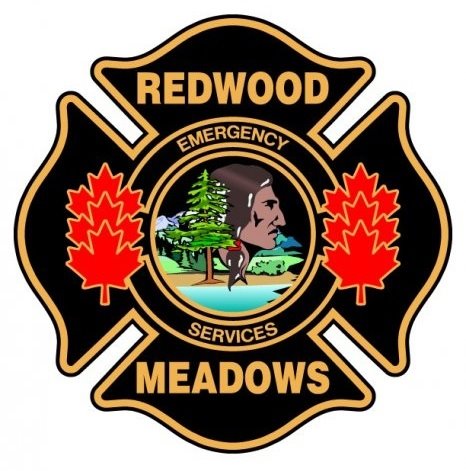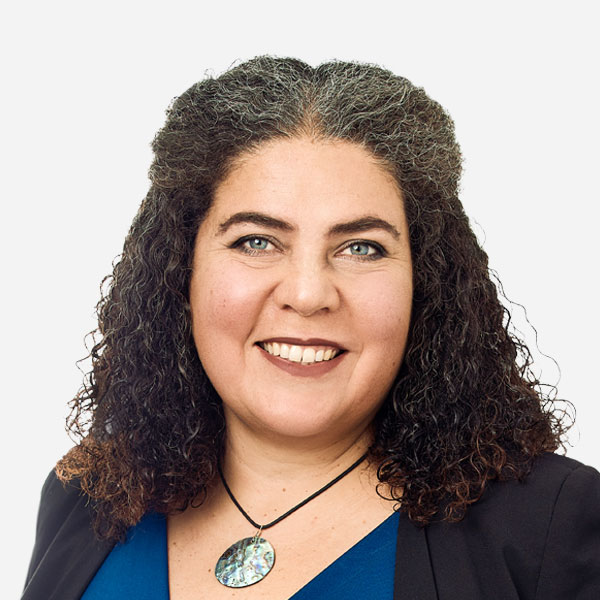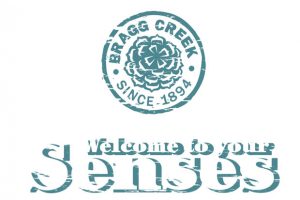We often get asked “when should I call 9-1-1”, here’s some tips:
Call 9-1-1 immediately if you experience:
• Severe difficulty breathing, especially that does not improve with rest.
• Chest pain
• A fast heartbeat at rest especially if it’s associated with shortness of breath or feeling faint
• You witness someone faint/pass out or someone is unresponsive
• Difficulty speaking, numbness, or weakness of any part of the body
• Sudden dizziness, weakness or mental changes (confusion, very odd behavior, difficulty walking)
• Sudden blindness or vision changes
• Heavy bleeding
• Broken bones visible through an open wound, or a broken leg
• Drowning
• Choking
• Severe burns
• Allergic reaction, especially if there is any difficulty breathing
• Poisoning or drug overdose
• New severe headache
• Sudden intense severe pain
• Someone is threatening to hurt or kill themselves or someone else
• Or, see an uncontrolled fire
When in doubt, call 9-1-1! If you’re not sure whether extra help is needed, call 9-1-1 and the trained dispatcher will help advise you. It is better to be safe and let the 9-1-1 call taker determine if you need emergency assistance.
What to do if you call 9-1-1 by mistake:
If you call by mistake, do not hang up, just stay on the line and tell the dispatcher that everything is OK. If you hang up, they may send help to your location to investigate if there is a problem.
Finally, please do not phone the fire hall or send a social media message to alert to an emergency, call 9-1-1.
Did you know…RMES offers first aid courses in the community? If you’re interested in receiving more information, email George.Low@RMESFire.Org.
Until next month, stay safe!























